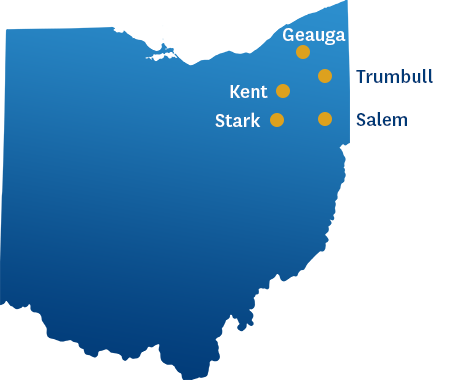
Â鶹ÊÓƵ's Bachelor of Science in Nursing program prepares you for a rewarding career in healthcare. With a curriculum that emphasizes hands-on experience and evidence-based practice, this program provides you with the skills and knowledge needed to provide high-quality patient care. As a student in this program, you'll have access to clinical experiences in a variety of healthcare settings, as well as experienced faculty who are dedicated to helping you succeed. Our current NCLEX pass rate is 92%, and our graduates enjoy a 99% job placement within 6 months of graduating.








